










As the parent, you will play an active role in the process. To assist you in understanding the transition process as well as all your options, we have created this overview to provide guidance and support as you begin your next steps beyond ECI.
Your family has been receiving in-home pediatric therapy through Brighton Center’s Early Childhood Intervention (ECI) program and when your child turns 36 months old, it will be time to transition from the Early Childhood Intervention program to the next step in your child’s journey. This is referred to as the Transition Process. In order for your child and family to have a smooth Transition Process, you and your Service Coordinator will begin working on this process together when your child is 24 months old all the way to 36 months old, so your child does not experience a gap in services.
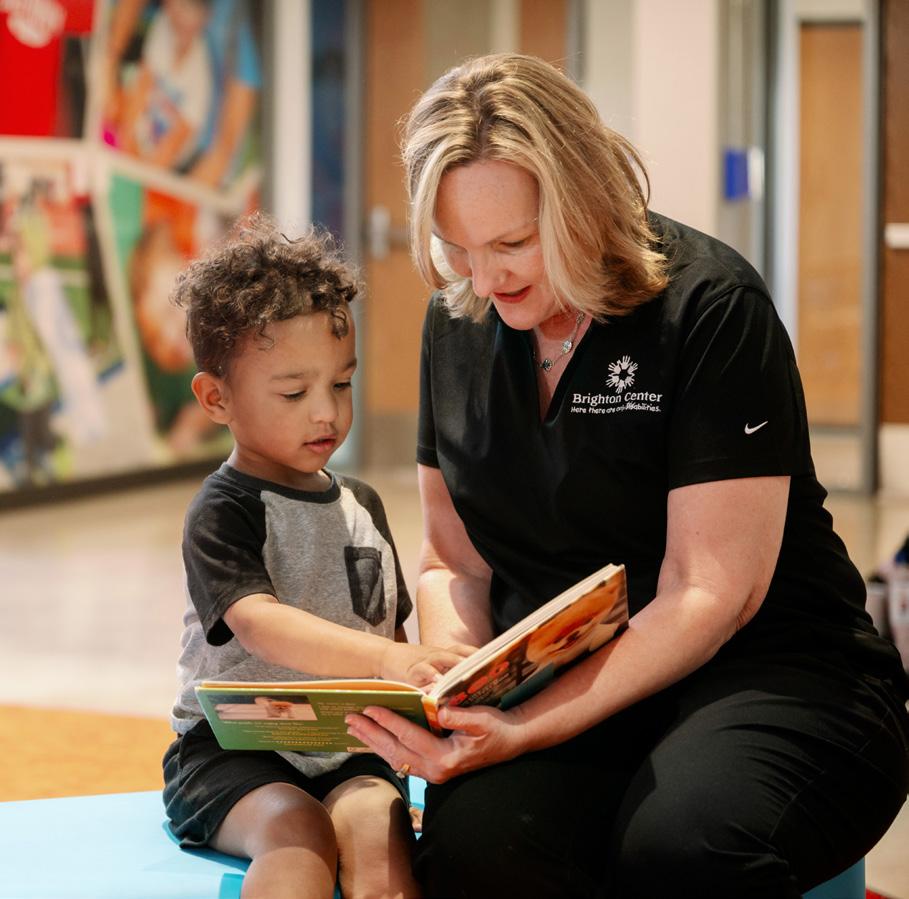
During the Transition Process, your Service Coordinator will walk alongside you by providing you with information about your family’s choices for your child’s transition, assisting you with making decisions on the next steps and informing you of what to expect through the process. Since it is important that you begin to understand the transition choices and take time to make your decision, we start the process early. This allows us to provide you with all the needed information over time, hopefully making the process easier to understand and navigate. Over the next 12 months, you and your Brighton Service Coordinator will begin discussing transition regularly at visits.
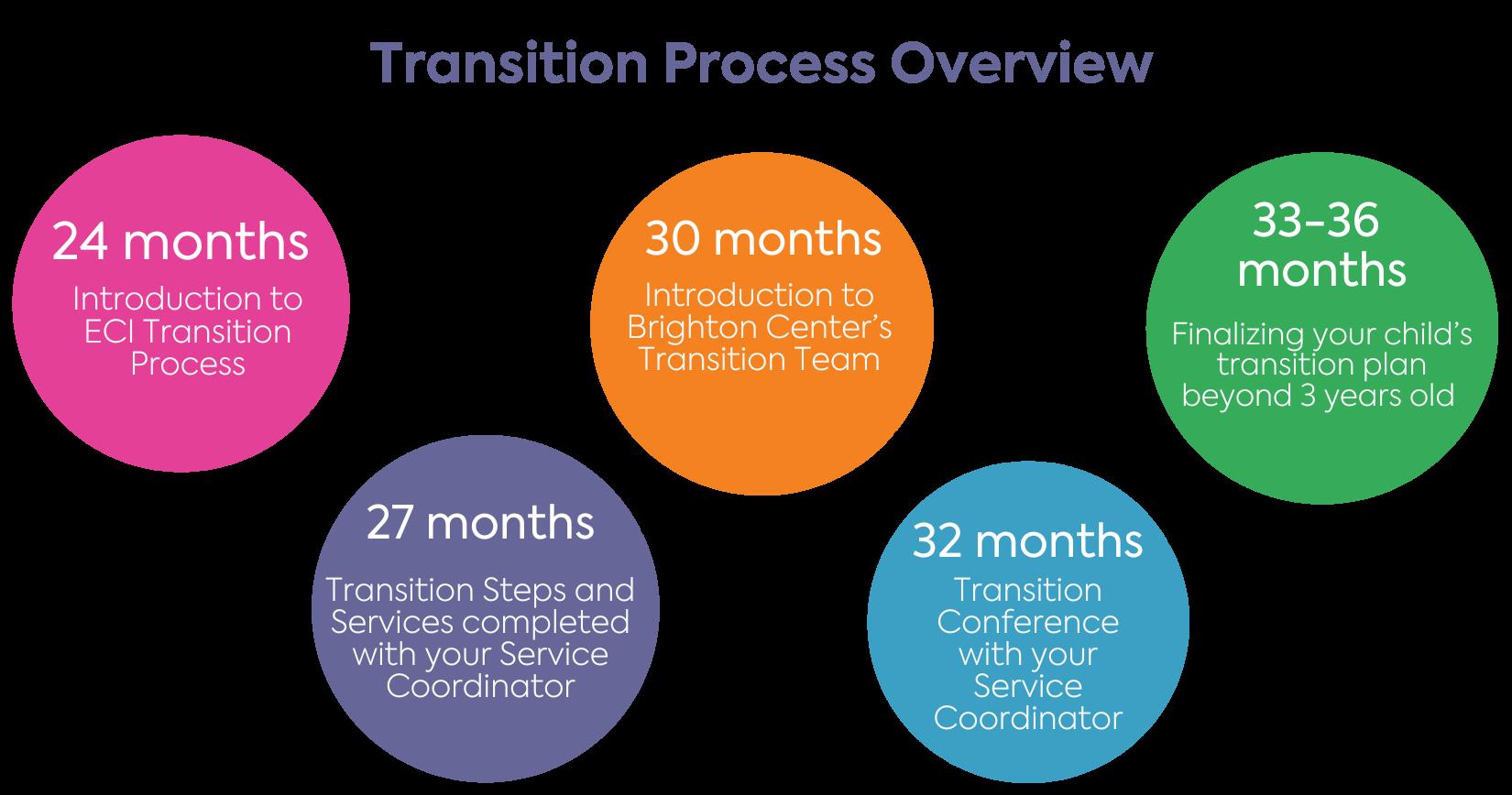
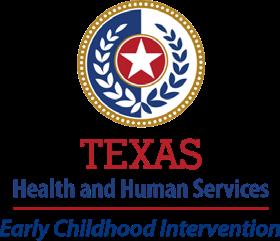
Step 1
Months
You will receive an Overview Transition Process Guide
The Service Coordinator will discuss the importance of starting your child’s transition process at 24 months.
Transition options include Early Childhood Special Education, Private Therapy, Head Start/ Preschool/Childcare and Community Organizations
The Service Coordinator will support to create a transition plan.
Over the next 12 months, you and your Service Coordinator will begin discussing transition regularly at visits. This transition process starting at 24 months is crucial to ensure no gaps occur in your child’s therapies and support services as they age out of the ECI program. It allows ample time for your family to be actively involved, understand all your options, and make informed decisions for your child’s next steps. Step 4
Step 2
Your child’s Transition Steps and Services will be reviewed and completed.
You will explore the options that best fit your child’s needs.
A Transition Conference will be scheduled with your local school district or a Non-Part B Conference.
You will receive a phone call from a Transition Consultant between your child’s 28 to 30 month to complete an Overview Consultation via Microsoft Teams.
You will meet with your Transition Consultant via Microsoft Teams to prepare for your local Transition Conference.
The Transition Consultant will collaborate with you to create a Transition Action Plan during this meeting.
This action plan will consist of parent goals and your next steps to prepare for your child’s transition journey.
The Transition Consultant will ask you about your child’s areas of concern.
In the Transition Conference, you will meet with your Service Coordinator and local school district representatives or hold a Non-Part B conference.
In the conference, you will review potential eligibility criteria, evaluate timelines, process, and resources.*
The Local Education Agency will gather information regarding concerns for your child.*
After your Transition Conference, you will follow the transition action plan shared by your Transition Consultant.
Step 3 Overview Consultation
28 Months Transition Consultant
You will meet with your Transition Consultant via Microsoft Teams.
The Transition Consultant will explain and answer any questions regarding your child’s transition options to support your child’s continuum of services.
The Transition Consultant will schedule your Pre-Conference Meeting (at least 2 weeks prior to your Transition Conference).
Step 6* Follow-up
The Transition Consultant will call you to inquire if the local school district has scheduled your child’s evaluation.
Make sure you request copies of the Full Individual Evaluation (FIE) report & Individualized Education Program (IEP) draft. This will allow you to review the documents and ensure you are an active member of your Admissions, Reviewal, Dismissal (ARD) meeting.
After receiving the FIE & IEP draft, contact your Transition Consultant to schedule a Documentation Review. 3
*If you sign consent to send your child’s information to your local education agency.

What options are available for your child post-ECI, and why is it crucial to be informed about these choices? You and your ECI Service Coordinator can assess various possibilities to determine the most suitable one for your family and child. Initiating the transition process early enables families to explore all available options, gather required documentation, and ensure a smooth transition to the next program or services before your child’s third birthday. This proactive approach helps prevent any gaps that could impede your child’s development and advancement.
Consider important questions such as, “Are there any accommodations, particularly concerning sensory issues, that need to be arranged for your child to participate in classroom activities? ” and “Are there specific skills your child should acquire to engage in desired activities, like toileting, sharing toys, waiting their turn, etc.? ” It is essential to contemplate these aspects over the next three months to equip both you and your Service Coordinator for the upcoming phase in the transition process. Early preparation and thoughtful consideration of these questions can facilitate a successful transition for your child’s continued growth and well-being.
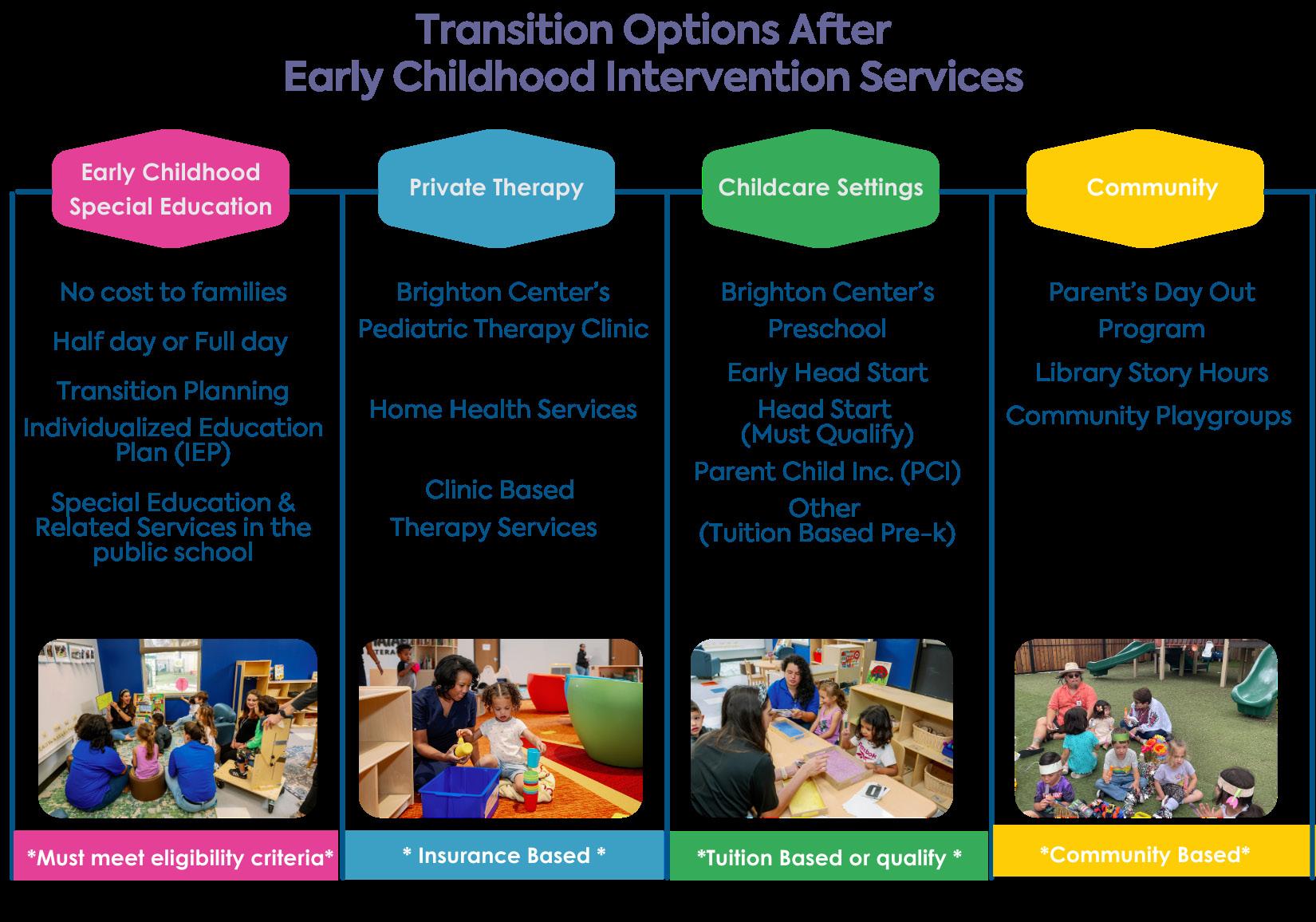
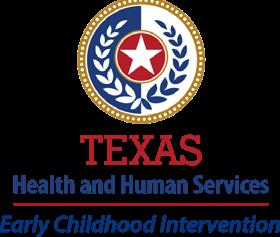
At 27 months old, you and your Service Coordinator will convene to establish your child’s Transition Steps within the Individualized Family Service Plan (IFSP). In this meeting, you will dive into your child’s upcoming milestones. While these plans may evolve over the next 9 months, it is crucial to make informed decisions at this juncture to ensure timely compliance with all schedules and prevent any service interruptions when your child reaches 3 years old. The ECI Transition Overview will detail all available choices for your child during this transition period.
As part of the transition process, your Service Coordinator will share more information about Brighton Center’s Transition Team. This team consists of Transition Consultants who will offer personalized assistance and support to guide your family through every step of the transition. After completing the initial Transition Steps and Services, a Transition Consultant will contact you between your child’s 28 - 30 month to schedule a virtual Microsoft Teams meeting with your family. During this collaborative meeting, the consultant will thoroughly review all the available transition options for your child after aging out of the ECI program.
Together, you will create a customized Transition Action Plan that outlines a comprehensive roadmap for your child’s transition journey. This plan will include specific timelines, address any concerns you have as parents, incorporate your goals for your child’s development, and create actionable steps to ensure a smooth transition.
The Transition Consultants are a valuable resource, offering their expertise to support you in whichever transition path you choose. Their role is to address any questions or concerns you may have, provide guidance and recommendations, and ensure you feel fully prepared and informed as your child moves to this next phase.
Before your child reaches 32 months of age, your Service Coordinator will refer to the programs you are contemplating and arrange a transition meeting. This meeting could involve the Public School or other selected programs and community services. Your Service Coordinator will accompany you to these meetings, providing support and guidance to help you understand all the subsequent actions following these discussions.
Prior to your child turning 32 months, your Service Coordinator will make a referral to the programs you are considering and will schedule a transition meeting. A transition meeting can be with the Public School or with other programs and community services you may have chosen. Your Service Coordinator will attend these meetings with you and assist you in knowing all your next steps after these meetings. 5

The goal of the transition process is to decide what your child’s educational and developmental journey will continue to look like to fully maximize your child’s abilities. Below, you will find four different choices where your child can continue to receive the services needed for their continued success.
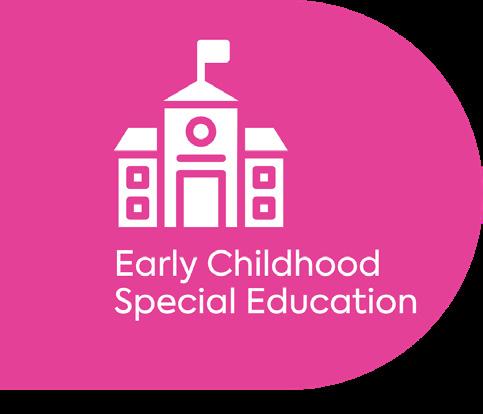
We strongly recommend parents consider enrolling their child in the public school system as it can provide valuable services for children with developmental delays or disabilities as early as age 3. Eligibility for special education services through the local school district marks the beginning of an educational journey that can pave the way for future success, although it differs from the support provided in Early Childhood Intervention (ECI). While ECI emphasizes family support, the focus shifts to educational support and services in public schools.
The requirements for eligibility in public schools differ from those of ECI. The school district must assess whether a child meets the criteria set by the Texas Education Agency (TEA) and has a need for Early Childhood Special Education (ECSE) services. In Texas, there are 13 areas of eligibility for special education, including Non-Categorical Early Childhood, typically applicable to children aged 3-5, along with Speech or Language Impairment. If a child qualifies for speech services only, they may receive speech therapy directly.
As part of the evaluation process, various school district staff will assess your child’s functioning and development, with your input regarding medical history, abilities, preferences, and dislikes playing a crucial role. Eligibility is determined by the Admission, Review, and Dismissal (ARD) Committee, where you, the parent, are a key member involved in developing the child’s Individualized Education Program (IEP). Brighton Center offers consultative services and training to support you through this process. See the following page for a visual comparison between Early Childhood Intervention and the Public School system.
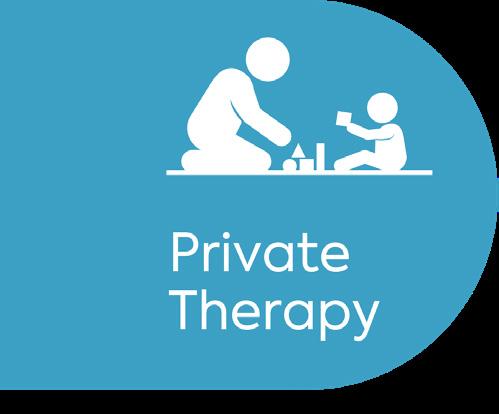
If your child’s needs involve continued therapy, there are different ways to continue direct, developmental therapy for your child. Since the public school will put more focus on the educational needs, you can consider this choice for therapy. It is also a choice to be enrolled in public school and private therapy.
If in-home therapy is important to you, there are various Home Health Agencies in the city that can help. Typically, these agencies will only accept patients who have Medicaid. If your child does not have Medicaid, one option could be a Pediatric Therapy Clinics that provides on-site therapy. Many clinics accept only Private Insurance, but some will accept Medicaid.
If you are considering finding private therapy for your child, you will need to explore the cost of these services as well as the type of insurance accepted. Typically if your child qualifies for ECI services, they will also qualify for private therapy, however, they will complete their assessments and a Plan of Care. Brighton Center offers services at our on-site therapy clinic. The Pediatric Therapy Clinic offers Occupational Therapy, Physical Therapy, and Speech Therapy to children from 3 to 5 years old. The clinic and ECI have a similar belief system and focus on the whole child, family-centered care, team-based approach, evidence-based strategies, and the power of play.

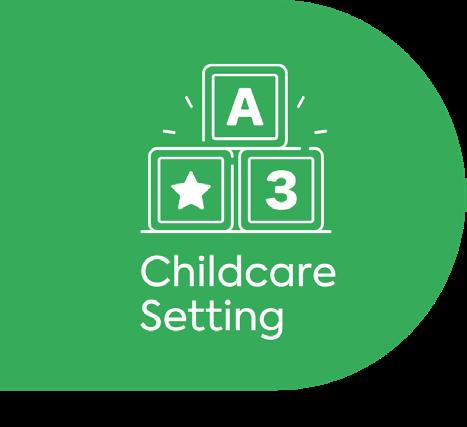
Childcare Settings provide a variety of options for you and your child, including private preschools, Head Start, and Parent’s Day Out programs, among others. Head Start, a federal initiative operating through local community agencies, aims to enhance children’s school readiness. It serves as a beneficial alternative to starting at public school, ensuring your child embarks on their educational journey while receiving any necessary therapeutic support. These programs prioritize the holistic development of children and encourage active parent engagement.
Eligibility for these programs is primarily income-based, although there are limited spots reserved for children with disabilities, and there is no cost involved for families. Brighton Center offers an Inclusive Preschool catering to children aged 6 weeks to 5 years. Our preschool features engaging classroom settings, a low studentto-teacher ratio, knowledgeable staff, and activities designed to stimulate curiosity and exploration. The curriculum focuses on nurturing the whole child through personalized learning experiences.
Moreover, through our integrated therapy clinic, your child can seamlessly access both early education and therapy services, ensuring they are not only school-ready but also receive necessary therapeutic interventions during their school day.
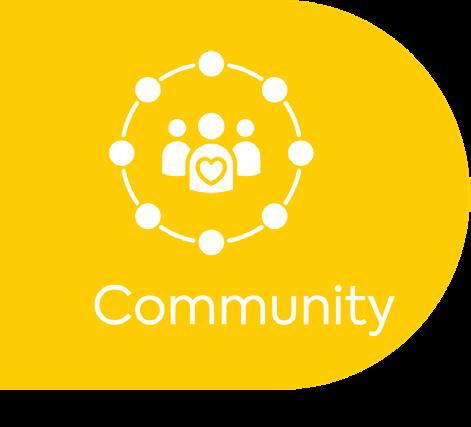
If your child doesn’t qualify for public school or Head Start services, there are still many opportunities to support their development outside traditional education. Engaging with peers and adults beyond home is vital for growth. Community activities offer interactive learning experiences for developmental progress.
Explore activities like zoo visits, library programs, gym classes, and swimming lessons. Mother’s Day Out programs and part-time preschools can cater to your child’s needs, with some being affordable. Some activities may have fees, but there are also cost-free options.
San Antonio Public Library hosts early childhood events listed on their online calendar. The city offers parks and playgrounds for socializing. Playdates with friends can promote social interaction and learning. Your Service Coordinator can provide resources for activities aligning with your family’s needs. Community-based options offer valuable growth and development opportunities for your child.
“
I want to express my profound appreciation for the exceptional service provided by your consultants during our experience with the Texas Early Childhood Special Education System.
Their expertise and guidance were crucial in navigating a complex and poorly supported process, and their unwavering advocacy significantly improved the outcome for my child.
Their ability to clarify intricate details and ensure we were well-informed every step of the way was truly commendable. I am extremely satisfied with their service and believe their dedication deserves recognition.
” Brighton Center Dad
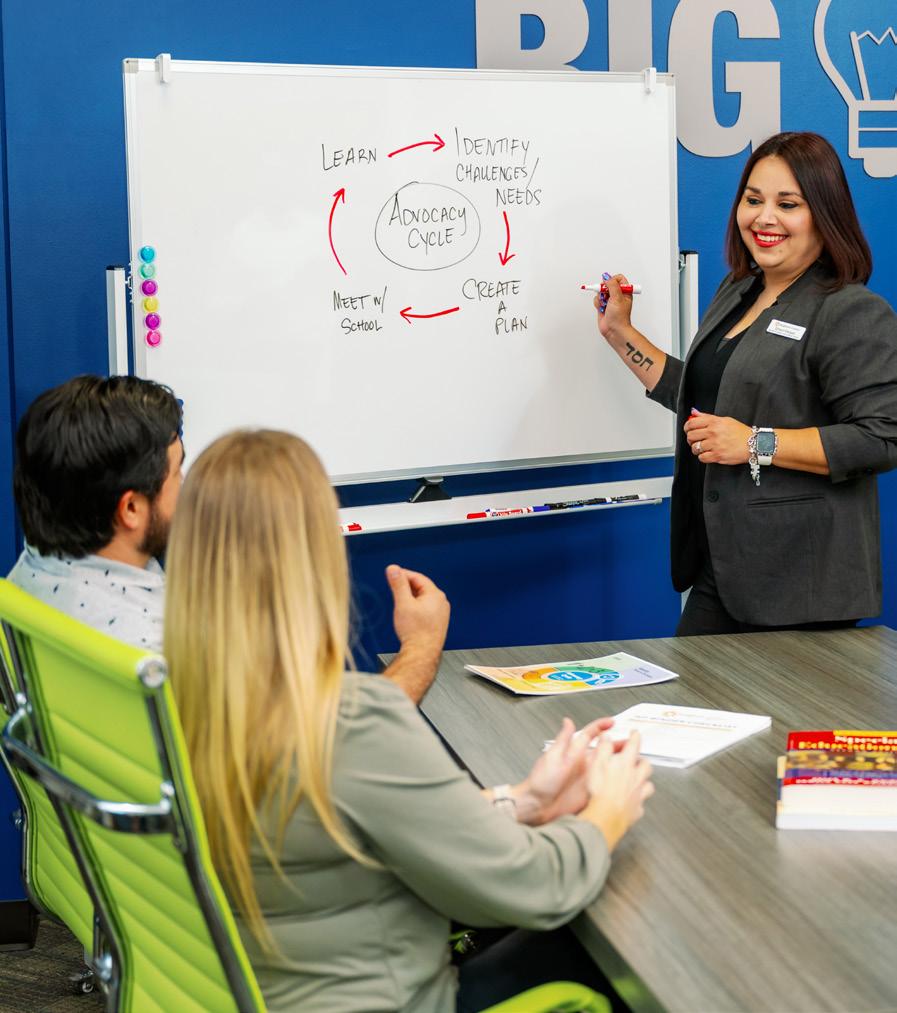

The purpose of a school evaluation is to determine if the child has a need for special education services for the student to be successful in an educational setting. The Full Individual Evaluation (FIE) consists of these seven areas. (Not all assessment tools are listed)
Area of Information
Communication (ENGLISH/SPANISH)
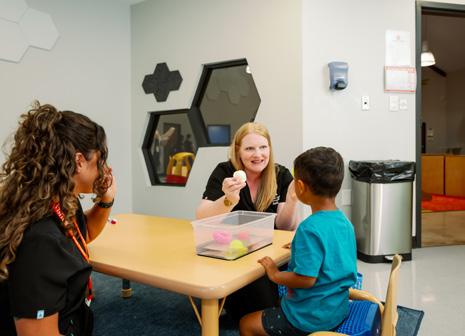
Receptive Language, Expressive Language, Pragmatics, Articulation
Oral Peripheral, Fluency, Voice
Examples
Gesturing, Approximations, Vocalizations, Pointing, Pull adult to desired object.
Can your child understand you? Follow directions? Bring items for you to open?
Evaluators
Parent Information Observations
Speech Language Pathologist (Bilingual if needed)
Formal and Informal Measures
Parent Report
Receptive-Expressive Emergent Language Test, Fourth Edition (REEL-4)
Transdisciplinary PlayBased Assessment, Second Edition TPBA- Pragmatics (observations, language sample, ECI records)
Area of Information
Emotional/Behavioral
(*Autism ONLY if Requested)
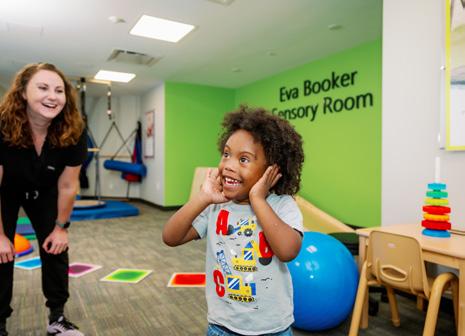
Examples
Adaptability, Social Skills, Activities of Daily Living, Functional Communication, Hyperactivity, Aggression, Anxiety, Attention Problems, Depression, Somatization
Evaluators
Parent Information Observations
Licensed Specialist in School Psychology (LSSP), Diagnostician
* Speech Language Pathologist (Bilingual if needed)
Formal and Informal Measures
Parent Report
Behavior Assessment for Children- Third Edition (BASC-3)
*Childhood Autism Rating Scale, 2nd Edition – Standard Version (CARS-2)
*Autism Spectrum Rating Scale
Area of Information
Intelligence/Adaptive Behavior
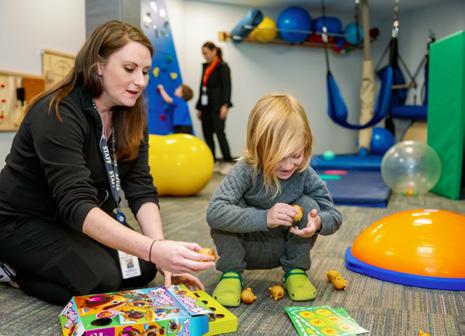
Examples
Physical (Fine & Gross motor skills)
Adaptive (Eating, dressing, selfcare skills )
Social-Emotional (Relates to friends, relatives, adults, interpersonal abilities)
Cognitive (Prerequisites skills to academic achievement)
Communication (Expressive, receptive, written, spoken, gestural)
Evaluators
Parent Information Observations
Licensed Specialist in School Psychology (LSSP), Diagnostician
Formal and Informal Measures
Parent Report
Developmental Profile, Fourth Edition (DP-4)
Adaptive Behavior Assessment Scales (ABAS-3)
Behavior Assessment for Children- Third Edition (BASC-3)
Autism Spectrum Rating Scale

Formal Assessments are standardized, meaning they adhere to a predetermined set of guidelines and conditions. Typically, formal assessments involve standardized tests, quizzes, or assignments that have been designed to measure a specific skill or set of skills. Informal Assessments are observations and screening techniques to provide information. Some examples are observations, anecdotal notes, checklists. It can be a standardized assessment without following the predetermined guidelines such as providing extra time, simplified vocabulary, & cueing.
Area of Information
Assistive Technology
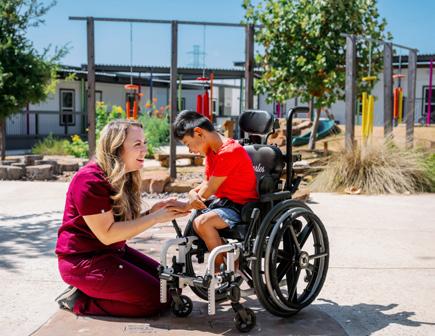
Examples
Low-tech Systems (schedules, switches, communication boards)
High-tech Systems (word processor with voice, programmed voice output, electronic communication device)
Evaluators
Parent Information Observations
Speech Language
Pathologist -Assistive Technology
Licensed Specialist in School Psychology (LSSP), Diagnostician
Formal and Informal Measures
Parent Report
Augementative & Alternative Communication
Area of Information
Health/Motor Abilities

Examples Vision, Hearing
Medical Diagnosis (Epilepsy, Down Syndrome, Autism, etc.)
Food allergies (Lactose intolerant)
Evaluators
Parent Information Observations
Physician Occupational Therapist
Formal and Informal Measures
School Nurse Vision/ Hearing Screener
Other Health Impairment (Form) - Parent Consent Required
Ear, Nose, Throat (Assessment)
Ophthalmologist (Assessment)
Area of Information
Sociological
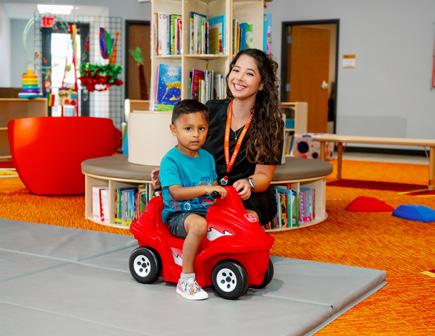
Examples Who the child lives with, Attends Daycare, Recent moves.
Evaluators
Parent Information
Formal and Informal Measures
Parent Report
Area of Information
Academic Performance

Examples Literacy, Math
Evaluators
Parent Information Observations
Licensed Specialist in School Psychology (LSSP), Diagnostician
Formal and Informal Measures
Parent Report
Play-Based Assessment (TPBA-2)
Early Childhood Intervention
Early Childhood Intervention (ECI) is a statewide program within the Texas Health and Human Services Commission for families with children birth to age 3, with developmental delays, disabilities or medical diagnoses that may impact development. ECI services support families as they learn how to help their children grow and learn.
Full Individualized Education
The collection, analysis, interpretation, and documentation of a variety of evaluation data sources related to the suspected disability, administered selectively with the individual child or youth.
Texas Education Agency
The state agency that oversees primary and secondary public education. It is headed by the commissioner of education.
Transition Consultant
Someone with extensive knowledge about special education programs, IEPs, and academic support that students can receive. This person empowers and educates parents to advocate and understand their child’s transition journey.
Transition Action Plan
The Action plan created in collaboration with your Transition Consultant to guide you through your child’s transition journey.
Service Coordinator
A person from ECI who works with your family to support your child’s development and to help arrange from ECI and community services
Local Education Agency
Refers to the public school authority in a given area of a state, such as a school district or a board of education.
Admission, Review, Dismissal
An ARD meeting is held to admit a student into special education, as well as a minimum
of once per year to review the child’s program and progress. An ARD meeting is held to dismiss a child from special education if and when they no longer need specially designed instruction or related services.
Child Find
Child Find is a legal requirement that the Local Education Agency (LEA) finds all children who have disabilities and who may be entitled to special education services. Child Find covers every student from birth through age 21. The LEA must evaluate any child that it knows, or suspects may have a disability.
Transition is the process to help you decide what your child and family might need when you leave ECI. Because this is such an important step, ECI will begin working with you to plan transition stratgies far enough in advance so that the change will happen smoothly and without gap in service.
A document written for each child who qualifies for special education. It describes your child’s goals and the special services and accommodations your child will get to meet their unique educational needs. It is a legal contract between you and the school. Parents and guardians should be part of the team that writes this.
Is a state and federally mandated program for young children with disabilities ages 3-5. Eligible children with disabilities, ages 3-5, are entitled to receive a free appropriate public education
If your child qualifies for services, the team identifies your child’s strengths and needs in each of your family’s daily routines. Based on the results of the evaluation and assessment, your team develops a plan for services, also known as the Individualized Family Service Plan (IFSP).

Regardless of what you choose, you and your service coordinator will arrange a transition meeting once your child reaches 32 months of age. It’s important to note that scheduling a transition meeting does not automatically enroll your child in the selected option. Instead, the purpose of the transition meeting is to provide you with information, address any queries you may have, and assist you in making an informed decision.
You have the flexibility to explore all available options to determine the most suitable fit for your family, taking into consideration factors such as eligibility requirements, costs/insurance coverage, transportation availability, your schedule, and your child’s individual strengths and needs. Evaluating these aspects can help you choose the best pathway for your child’s ongoing developmental progress and educational journey.
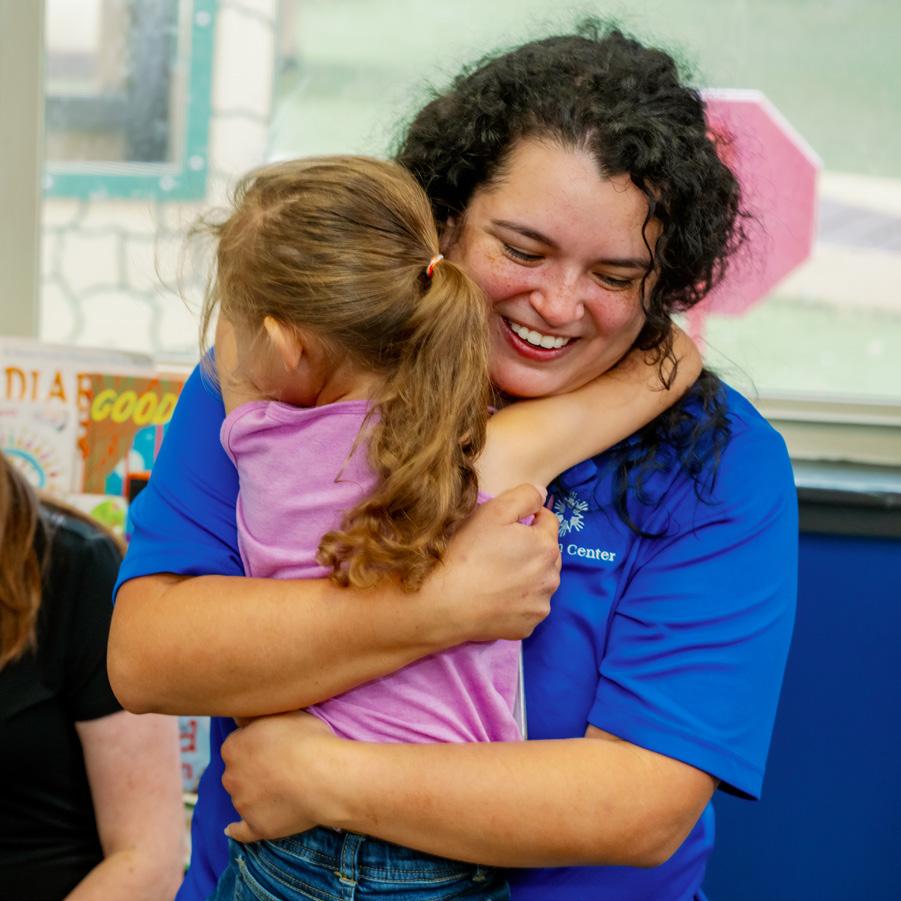
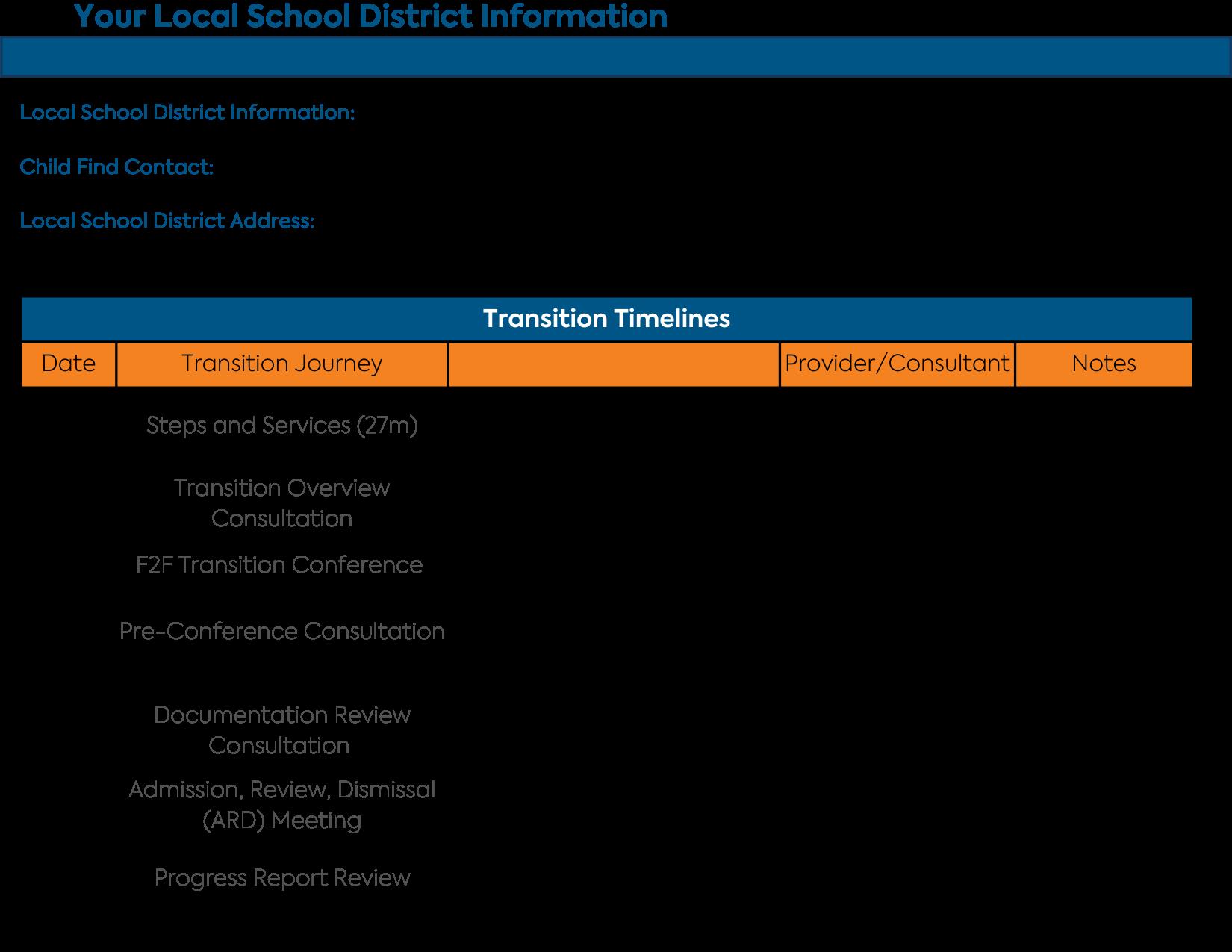
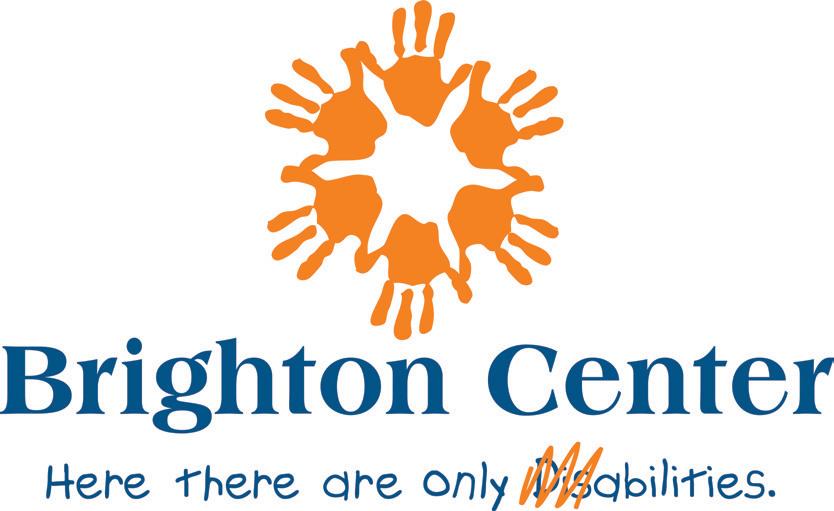



Referral
Transition
Conference
Evaluation
Admission, Review, Dismissal (ARD) Meeting Services
Begin
During the transition process, you and your Service Coordinator have discussed all your options and you have chosen to explore the school district as part of your child‘s developmental journey after 3. With consent, your Service Coordinator has invited you to a transition conference and has made a referral to the public school and has made a referral to the public school.
The Transition Conference is typically held virtually with you, your Service Coordinator, and a representative from the school district. At this conference, the representative from the school district will provide information about the Early Child Special Education services they offer for children with delays or disabilities. They will ask specifically about your child’s needs and abilities and ask about your expectations for your child It is important that you are prepared with any questions or concerns you have regarding your child’s transition process. This meeting must take place no later than 90 days prior to your child’s 3rd birthday.
The school district will schedule your child’s evaluation for special education services, provide the Procedural Safeguards, and get consent to evaluate closer to your child’s third birthday. Written consent is needed to begin the evaluation. Informed written consent means YOU completely understand what you are giving consent for. At the evaluation, your child will receive a Full and Individual Evaluation (FIE) in areas of suspected delays. An FIE is a collection of information about your child’s learning needs, strengths, interests and challenges. If you are wanting your child to be evaluated in ALL areas (this includes academics, intellectual, vision, hearing, sociological, emotional, assistive technology and communication, you will need to request a complete and formal evaluation in writing to the district. If you need help with this, Brighton Center can help. The evaluation will take place at the school or at the district’s assessment center and must happen before your child turns 3 years old.
The ARD meeting is a meeting with a team of people who help determine whether or not your child is eligible for special education services. This team is called the ARD Committee and consists of school personnel as well as YOU, the parent/guardian. As the parent/guardian, you are the most important member of this committee as you are the expert on your child. Additionally, you may invite other people to participate on the committee, like one of Brighton Center’s Transition Consultants who can assist you with understanding your rights and assist in reviewing all necessary steps and paperwork in the ARD process.
The ARD committee helps determine eligibility (how your child qualifies for special education services), the type of services that are appropriate, and where the services will be delivered (inclusion classroom or specialized classroom). The meeting will include results and an explanation of the evaluation. You do not have to agree with all the results. You can ask for a second opinion or an Independent Education Evaluation (IEE).
There is a two-part test for determining whether a child is eligible for special education services: (1) a child must have a disability, and (2) as a result of the disability, the student must need special education services to benefit from education. There are 13 different criteria under which children 3-21 years are eligible for special education services.
Upon review of eligibility, the ARD Committee will begin writing the Individualized Education Plan (IEP). Prior to the ARD meeting, parents/guardians can request a draft of the evaluation results and the IEP through email. Attaining a draft of these documents can help you prepare questions for the meeting. Additionally, a Brighton Center Transition Consultant can review these documents with you and help explain the results.
Developmental Delay: Children that are 3 to 9 years old who are very behind in one or more of the following areas: talking, moving, thinking, behavior, and selfhelp skills.
Speech or Language Impairment: This means different communication struggles. It can be saying words wrong, getting stuck or repeating sounds, or having a voice that sounds too high, too low, too loud, or too quiet. The child may have a hard time asking for things, sharing ideas, or knowing what others say.
Autism Spectrum Disorder (ASD): ASD is a developmental disability. It affects how a child talks, plays, and acts It can be different for each child Children with ASD may do the same movements over and over, dislike changes in routine, or react in unusual ways to sounds, lights, and other things they feel or see.
Deaf or Hard of Hearing: "Deafness" is a severe hearing loss that makes it hard for a child to understand language through hearing, even with hearing aids. This can affect their learning in school "Hearing impairment" means a hearing loss that is not the same as deafness. The loss can change over time. Being hard of hearing is different from having trouble processing sounds.
Visual impairment (including blindness): A child struggling with their vision has a visual impairment. This includes both partial sight and blindness. If glasses or contacts can fix the issue, it does not count as a visual impairment.
Deaf-blindness: Children in this group have both hearing and vision struggles. They need extra support because programs for only deaf or only blind children don’t meet all their needs.
Intellectual disability: Children who learn and think more slowly than others. They might have trouble talking, doing everyday tasks, or making friends.
Orthopedic Impairment: Children who have trouble moving their body because of a health concern. An example is cerebral palsy which can make it hard to move the body.
Multiple Disabilities: A child with multiple disabilities has more than one condition. These struggles make it hard to meet their needs with a program for just one challenge.
Other health impairment: Children with a health condition that makes them feel tired, weak, or not very focused. For example, ADHD makes it hard to pay attention.
Specific Learning Disability (SLD): Children who find it hard to read, write, listen, speak, think, or do math. An example is dyslexia, which makes reading difficult.
Emotional Disability: Children who struggle with mental health or behavior challenges that affect how they feel and act They might feel very sad, have strong fears, or even try to hurt themselves.
Traumatic Brain Injury (TBI): This is a brain injury caused by an accident or some kind of physical force.
Important things to know about the ARD and IEP Process:
The ARD can be held virtually or in person. It will take place at your home elementary campus, another elementary campus or the ISD child find office. The meeting must take place on or before your child’s 3rd birthday.
You have the choice to agree or disagree with services. If you disagree, the ARD committee must reconvene in 10 days to reach an agreement.
If your child meets eligibility for special education services in the public school, services will begin on their 3rd birthday. Your child‘s educational placement is based on the IEP. If speech is the only concern, your child may qualify for speech therapy at the school (e.g., twice a week for 30 minutes). Some children will qualify for Early Childhood Special Education and attend full or half days at the school. Placement will look different for all children.
Extended School Year (ESY) services is an individualized instructional program for eligible students with disabilities that is provided beyond the regular school year. The need for ESY services must be determined on an individual basis by the admission, review, and dismissal(ARD)committee.
The Individualized Education Program (IEP) developed for ESY must include goals and objectives. The need for ESY services must be documented from formal or informal evaluations provided by the district or the parents. If a student requires a significant amount of time to recoup acquired critical skills, then the ARD committee must discuss whether the student needs extended educational or related services during school breaks.
If the loss of acquired critical skills would be particularly severe or substantial, or if such loss results, or reasonably may be expected to result, in immediate physical harm to the student or to others, ESY services may be justified without consideration of the period of timeforrecoupmentofsuchskills

Brighton Center’s Transition team is available to assist families through a comprehensive review of all documents, consultation, attendance and engagement at ARD meetings Our transition team is not only a support for families, but an education hub as well. We strive to empower families to advocate for their children.
How can Brighton Center’s Transition Consultant support you?
A consultant can review your child’s draft IEP and evaluation results
Answer your questions about special education
Attend your ARD meeting at your request
Listen and support you
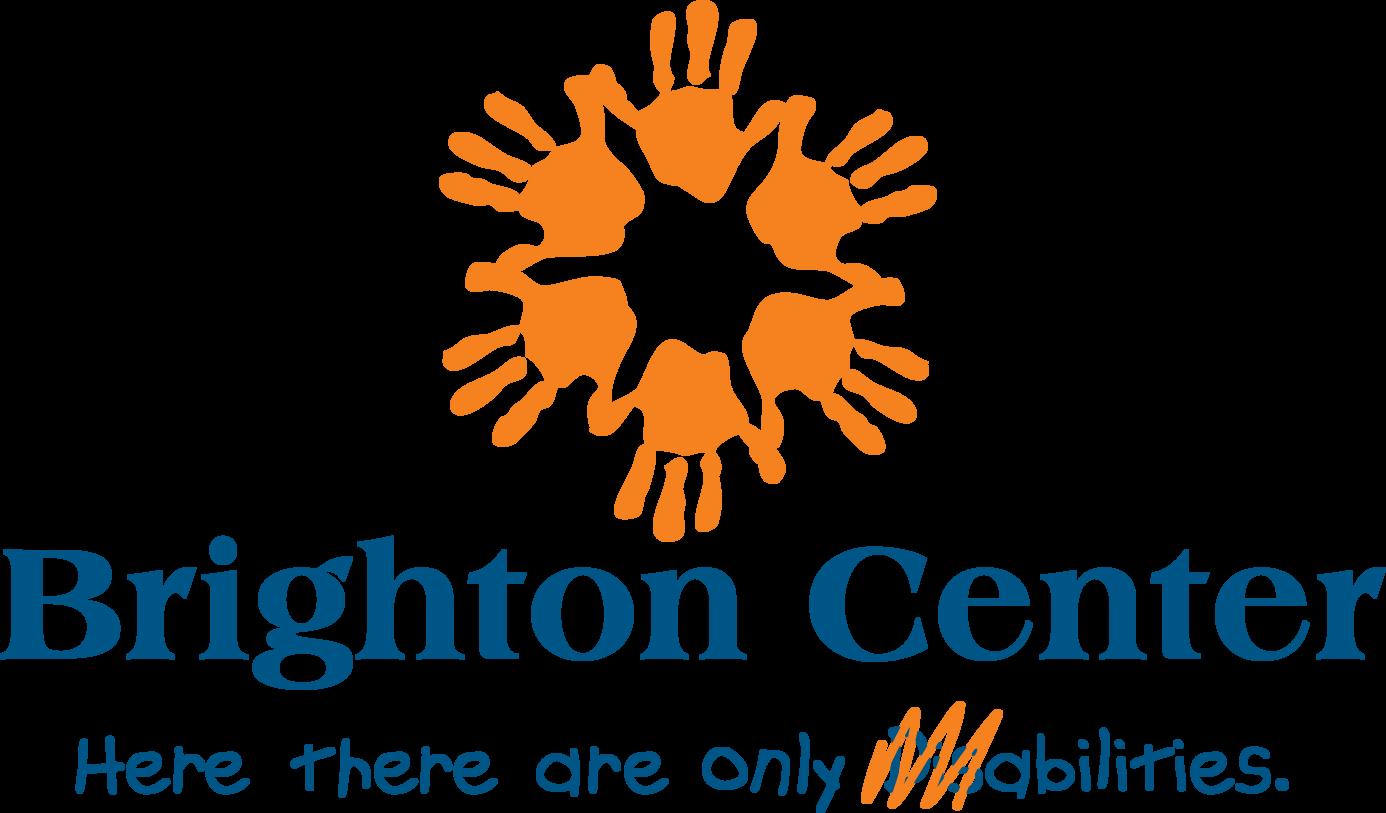
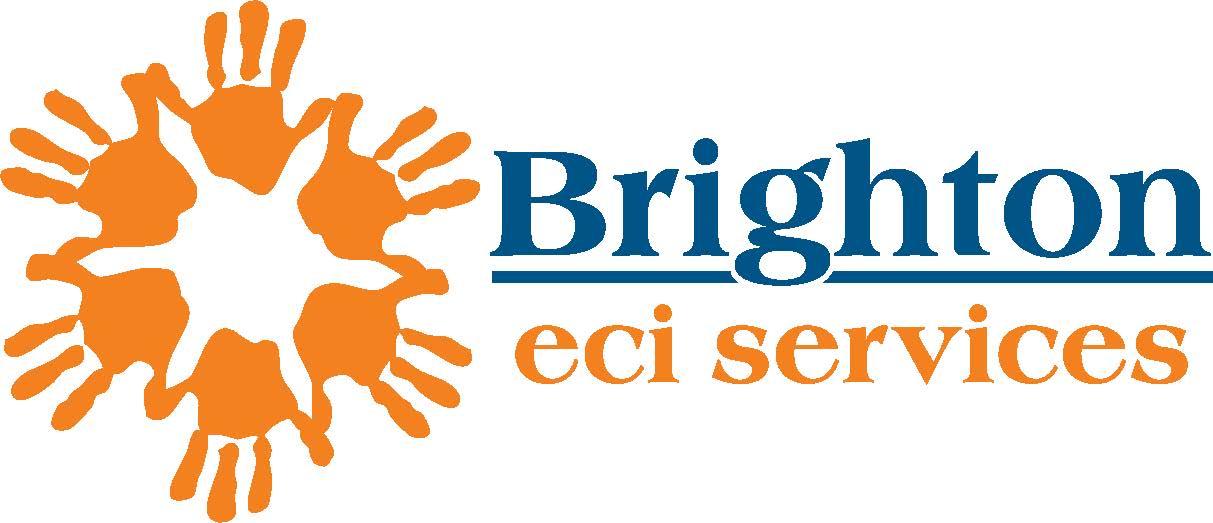
Timelines and Process:
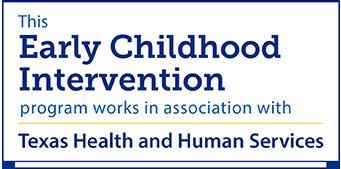
• Referral: Today's conference completes the referral process from Brighton to the school district. We have sent over all your child's ECI documents. The referral to public school must take place at least 90 days before your child’s 3rd birthday.
• Evaluation: The school district will call to set up your child's evaluation closer to your child’s 3rd birthday.
• ARD Meeting: ARD stands for Admission, Review and Dismissal. The parent is part of this committee, and our goal is for this meeting to take place on or before your child's 3rd birthday.
• Services: If your child is eligible, services can begin on their 3rd birthday. For summer birthdays, services will begin on the first day of the next school year.
During the evaluation, the school will check if your child meets one of these 13 criteria and needs support for their learning. Your child has to meet at least one to get special education support.
1. Developmental Delay
Children that are 3 to 9 years old who are very behind in one or more of the following areas: talking, moving, thinking, behavior, and self-help skills.
2. Speech or Language Impairment
This means different communication struggles. It can be saying words wrong, getting stuck or repeating sounds, or having a voice that sounds too high, too low, too loud, or too quiet. The child may have a hard time asking for things, sharing ideas, or knowing what others say.
3. Autism Spectrum Disorder (ASD)
ASD is a developmental disability. It affects how a child talks, plays, and acts. It can be different for each child. Children with ASD may do the same movements over and over, dislike changes in routine, or react in unusual ways to sounds, lights, and other things they feel or see.
4. Deaf or Hard of Hearing
"Deafness" is a severe hearing loss that makes it hard for a child to understand language through hearing, even with hearing aids. This can affect their learning in school. "Hearing impairment" means a hearing loss that is not the same as deafness. The loss can change over time. Being hard of hearing is different from having trouble processing sounds.
5. Visual Impairment (including blindness)
A child struggling with their vision has a visual impairment. This includes both partial sight and blindness. If glasses or contacts can fix the issue, it does not count as a visual impairment.
6. Deaf-Blindness
Children in this group have both hearing and vision struggles. They need extra support because programs for only deaf or only blind children don’t meet all their needs
7. Intellectual Disability
Children who learn and think more slowly than others. They might have trouble talking, doing everyday tasks, or making friends.
8. Orthopedic Impairment
Children who have trouble moving their body because of a health concern. An example is cerebral palsy which can make it hard to move the body.
9. Multiple Disabilities
A child with multiple disabilities has more than one condition. These struggles make it hard to meet their needs with a program for just one challenge.
10. Other Health Impairment
Children with a health condition that makes them feel tired, weak, or not very focused. For example, ADHD makes it hard to pay attention.
11. Specific Learning Disability (SLD)
Children who find it hard to read, write, listen, speak, think, or do math. An example is dyslexia, which makes reading difficult.
12. Emotional Disability
Children who struggle with mental health or behavior challenges that affect how they feel and act. They might feel very sad, have strong fears, or even try to hurt themselves
13. Traumatic Brain Injury
This is a brain injury caused by an accident or some kind of physical force.
Extended School Year (ESY) services are learning programs for students with disabilities during summer or school breaks. A special team, called the ARD committee, decides if a student needs ESY from data from teachers and parents. ESY helps students keep important skills, so they don’t fall behind. If losing these skills could be unsafe for the student or others, they may get these services right away without waiting to see if they can relearn them.
• Brighton Center’s Special Education Support Services (SESS)
• https://texasprojectfirst.org
• https://spedsupport.tea.texas.gov
Age/Diagnosis Requirements
& Community-based Services
All ages – must have primary Cognitive/Intellectual Disability or Autism diagnosis & have ICF/IDD level of care per MD
Under age 21 – must meet skilled nursing care per MD
All ages – must have ICF/IDDRC level of care per MD (onset prior to age 22)
All ages – Dx of deafblindness; must have ICF/IDD level of care 8 & 3rd disability per MD
• A Medicaid Waiver offers services that are typically not covered under basic Medicaid coverage. Services may include respite care, attendant care, home modifications. residential options, adaptive aids, camp. specialized therapies, habilitation etc...
• Allows states to waive certain Medicaid eligibility requirements for the delivery of unique services to a specific population.
• Allows for community-based services for individuals who would otherwise be in an institution.
• Medicaid Waivers do not look at parental income or resources.
• Medicaid Waivers have extensive interest lists (some up to 10 years)
• An individual does not have to be on Medicaid to be place on a Medicaid Waiver interest list.
• Place your child on all interest lists that they qualify for. A child can be on several different interests lists at one time.
• Keep all correspondence mailed to you.
• Contact the Medicaid Waivers annually to verify status. Notify the programs of any changes in address or telephone number.
• Home and Community Services (HCS)
• Texas Home Living Waiver
• Medically Dependent Children's Program (MDCP)
• Community Living Assistance and Support Services (CLASS)
• Deaf/Blind Multiple Disability (DBMD) The above information was adapted from a prese nta tion to ARC- SA families by George Losoya with the Center for the Study of Children with Special Health Care Needs@ UTHSCSA 7125103